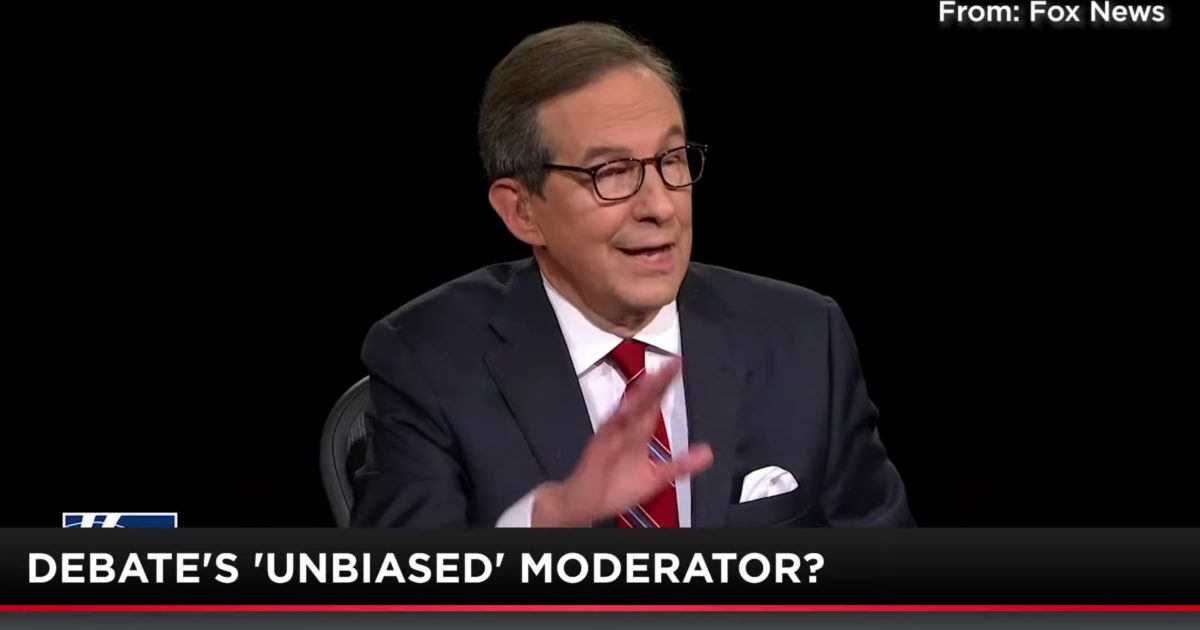Presidential debates have produced turning points in more than a few elections. For generations, debates have been the crescendo of a campaign and spurred undecided voters to make late decisions that altered the presumed course of a campaign. Due to a confluence of factors from early voting, to biased moderators, amateurish debate commissioners, and interruption-prone candidates, the impact of presidential debates is well – debatable.
In the first televised debate, Vice President Richard Nixon squared off against John F. Kennedy, the Democrat senator from Massachusetts, in the 1960 election cycle. Kennedy was tanned, rested and more naturally photogenic, while Nixon was recovering from the flu and looked washed out from bad makeup over his stubbly face. While many radio listeners felt that Nixon prevailed, most of the television audience gave Kennedy a resounding victory. Nixon performed better in later debates that year, but the damage was done.
Ronald Reagan provided some of the most memorable debate moments. First, his signature line, “There you go again,” served to both disarm the audience and signify that his opponent, President Jimmy Carter, needed scolding. Equally as famous, and even more clever, was Reagan’s response in 1984 to moderator Henry Trewhitt’s question about his age.
“I will not make age an issue of this campaign,” Reagan responded, seemingly eager to rattle off a rehearsed zinger. “I am not going to exploit, for political purposes, my opponent’s youth and inexperience.” Former Vice President, Walter Mondale, could not contain his laughter, nor could the audience. That moment sealed the landslide for Reagan, who would go on to win 49 states.
Reagan’s successor, George H. W. Bush, was on the wrong end of a memorable debate snafu when he checked his watch in the 1992 debate with Bill Clinton and Ross Perot. That moment added to the growing image of Bush as elite and out of touch.
His son, George W. Bush, who was a far more comfortable candidate, fared much better with his well-timed nod at an encroaching Al Gore in 2000. The easy gesture from Bush blunted the smug overconfidence Gore exuded throughout the race.
Sadly, defining moments, or even glimpses of charm and humor seem to be a thing of the past. More recent debates, including Obama-Romney in 2012 and Trump-Clinton in 2016, have become more adversarial as the candidates have grown more polarizing and the moderators have become less moderate.
Perhaps no debate season has been more inconsequential than this one. Over 40 million Americans voted before the final presidential debate. That is an unprecedented figure that renders the best of the 2020 debates as nothing more than entertainment to a third of the electorate. For future debates to matter, they should be held earlier or early voting should begin later.
The debate commission has become a laughingstock with its bungling of the canceled second debate. Certainly, President Trump’s coronavirus diagnosis complicated matters, but it seems a reasonable solution could have been achieved. Instead, the commission unilaterally announced that the debate would be virtual, feeding the perception that Vice President Biden might use visual aids, and giving Trump a chance to balk and regroup from his erratic performance in the first contest. When would-be moderator Steve Scully embroiled himself in a fake hacking scandal, his already questioned impartiality was shot and the commission’s decision to cancel the debate (after initially defending Scully) seemed even more like a cover-up.
This all came after the first debate, which was an equal opportunity disaster. Trump’s bulldog approach was only slightly more off-putting than Biden’s name-calling and interrupting. Fox News anchor Chris Wallace completely lost control and acted more like a third debater – usually against Trump – than a moderator. Wallace’s performance, and the debate in general, were panned as perhaps the worst in debate history.
The final debate, moderated by NBC News’ Kristen Welker, was much more informative and far easier to watch. This is in part due to each candidates’ vastly improved behavior. Each man visibly stopped himself from interrupting on numerous occasions. The commission’s criticized plan to mute microphones seemed to hold the candidates in check, even though the mute button was seldom deployed. For her part, Welker easily exceeded the low expectations many viewers had. Those expectations weren’t unfounded. Welker’s family are known Democrat donors and NBC news personalities generally don’t pull any punches with the president. Plus, with the outright failures of the first two debates, who could have reasonably had high hopes for this one? But Welker delivered. She maintained control throughout, and while she disproportionately interrupted Trump versus Biden, that’s not completely without merit. The president did tend to warrant many of the interruptions. And Welker actually did ask Biden about his son Hunter’s business dealings and his scandalous laptop – a subject most didn’t expect her to touch.
So kudos to Welker, and thanks to the president and the former vice president for at least ending the debate season on a high note. For future debates to have any value whatsoever, though, the debate commission needs an overhaul and the moderator selection needs to be rebalanced. Charsimatic and gracious candidates like Kennedy, Reagan or George W. Bush would also help. Even Mondale was a good sport. Alas, nostalgia isn’t what it used to be. There I go again.
_
Follow Jason Thomas (@jasonthomas01) on Twitter
The First TV contributor network is a place for vibrant thought and ideas. Opinions expressed here do not necessarily reflect those of The First or The First TV. We want to foster dialogue, create conversation, and debate ideas. See something you like or don’t like? Reach out to the author or to us at ideas@thefirsttv.com.

